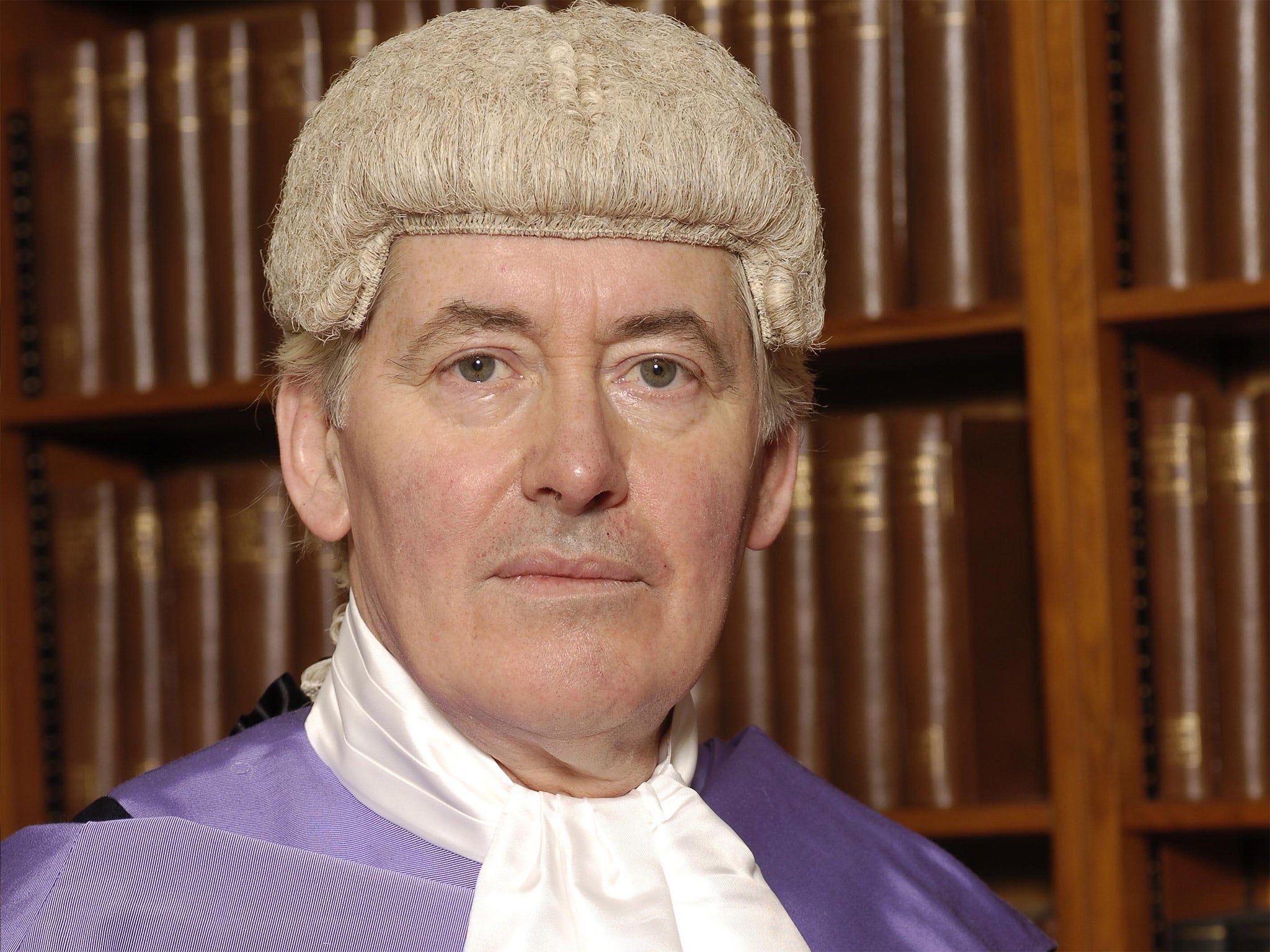What is the point of victim impact statements?
A parole judge has apologised to bereaved parents for saying that victim impact statements make no difference. So what are they really for? Paul Gallagher finds out

Allan Bentley was jailed for life in 2000 for orchestrating the torture and killing of 15-year-old Michael Moss on playing fields in Sefton, Merseyside, in what became known as the "Reservoir Dogs" murder.
Bentley and two friends, Mark McKeefrey and Graham Neary, stripped Moss naked, then beat him and stabbed him 49 times over two hours. Mimicking a scene in the Quentin Tarantino heist movie, the three teens tried to cut off one of his ears with a broken vodka bottle while singing "Stuck in the Middle with You".
At their separate parole hearings over the years, Michael's mum, Liz, has read out her victim impact statement in the hope that the trio would remain behind bars for longer than the minimum tariffs they received. "I will never forget that day I was told of Michael's murder," she in her statement. "It was such a traumatic murder that my mind will not and cannot to this day accept the torture that Michael suffered. Every day of my life, I have flashbacks of what happened to Michael. I cannot go past a park or playing fields, as I see the images of my beautiful son being tortured. What I see is Michael lying naked on a very cold November night with every part of his body bleeding and mutilated.
"I go into a trance and cannot hear people talking, but I can hear Michael shouting 'Mum, mum, mum'. Sometimes I feel I am losing my mind because I want to feel the torture he went through. Bentley has served a relatively short time in prison compared to my life sentence of grief and pain."
Mrs Moss, 59, said she had suffered a mental breakdown, been hospitalised and diagnosed with post-traumatic stress disorder and depression, but her words have been to no avail. One by one her son's killers have been released.
Judge Graham White may well have had Mrs Moss in mind when he was caught on camera this week saying that impact statements made by bereaved families made "no difference" to parole judgements. His conversation was overheard by Geraldine and Peter McGinty whose son Colin, 21, was stabbed to death 13 years ago, also in Merseyside. Two men – Michael Brown and Gary Hampton – were jailed for his murder. After both killers applied to be moved to open prison, the McGintys were invited to give an impact statement – allowed when an offender has been sentenced to custody for 12 months or more for a serious sexual or violent offence – via video link. At Brown's hearing, the couple explained that they were still "serving a life sentence of heartache and grief and pain".
Judge White, who mistakenly thought the link had been disconnected, turned to one side and said: "I feel so sorry for these families. They make these statements thinking they are going to make a difference, but they make no difference at all. Someone should tell them."
The McGintys said the comments were "sickening". "The heartache that we go through to do these statements, to be told they don't make any difference," Mrs McGinty said.
Judge White has apologised, saying: "I am sorry if what they overheard upset them and if it made them feel that what they had said had no impact because it certainly did, but what it can't do is affect our judgement of his [Brown's] risk."
The Parole Board is investigating the judge's comments. A spokesman said the board values victim statements and recognises the importance of giving victims the opportunity to make their voices heard. "Where release is being considered," he said, "Victim Personal Statements can assist in setting appropriate licence conditions such as exclusion zones and conditions for the offender not to contact the victim."
However, according to the Board's own guidelines, decisions are "ultimately based on the offender's current risk". The guidance states: "In most cases, the victim is unlikely to have information [on] this."
Other victims of serious crime reacted with anger to Judge White's comments. Victims' Commissioner Baroness Newlove, whose husband Garry was kicked to death in Warrington in 2007 by a gang vandalising his car, said that it saddened her to hear of another family not treated with basic humanity and respect. "Victims pour their hearts into these statements to make sure they do their loved ones the best possible justice," she said. "They should never be dismissed like this. It's the only way for a victim to express the terrible impact of a crime, and how a decision such as a move to open conditions could affect their lives. That's why it should be respected and given proper consideration before making a decision."
Laws on data protection and confidentiality prevent victims and relatives from seeing a copy of the Parole Board's "written reasons" for their decisions. Rose Dixon, the CEO of charity Support After Murder and Manslaughter, last night called for clarification from the Ministry of Justice regarding the purpose of victim impact statements. "It used to be clear what the role of impact statements was but following Judge White's comments regarding the McGinty family, we need some very clear guidelines [if their role has changed]."
